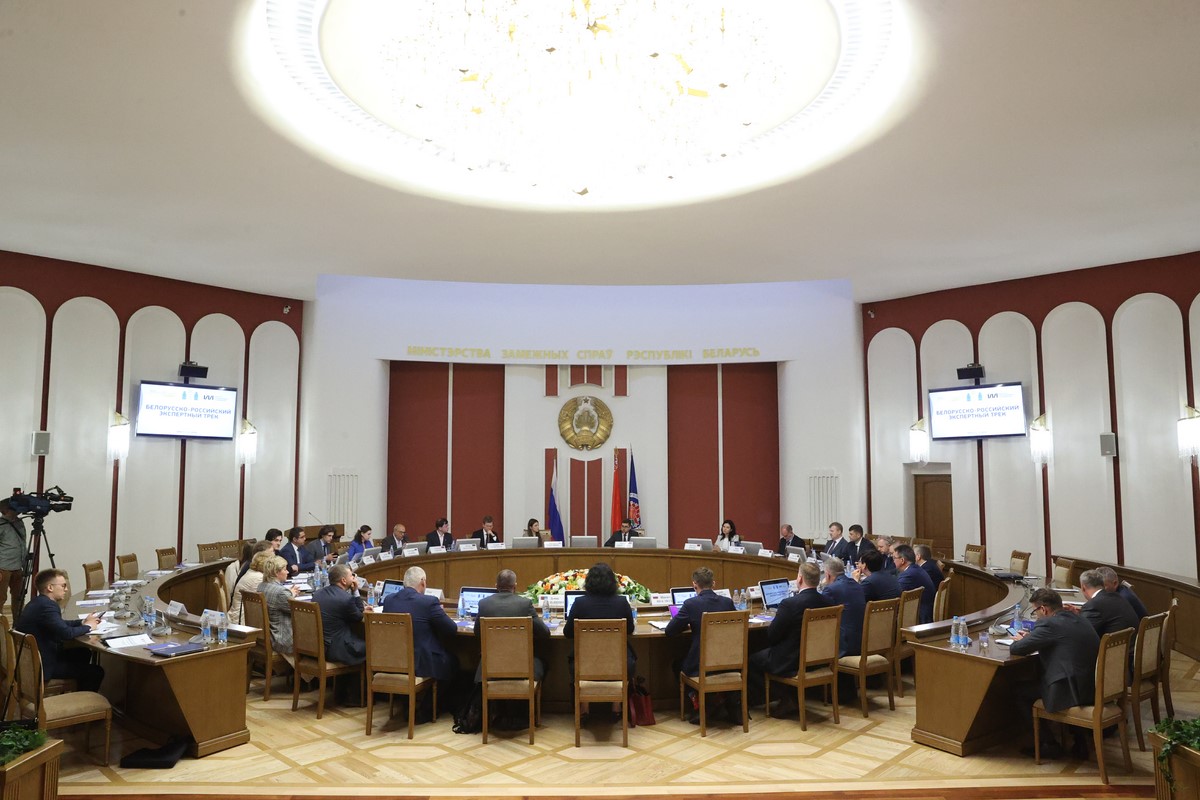Speaking at the meeting of the Belarusian-Russian expert track, Oleg Makarov, Director of the Belarusian Institute of Strategic Research, outlined the main trends of the future that should be taken into consideration in the further construction of the Union State. In his words, as we face the future, there remain the convergence of national socio-political models. Regionalization is also an apparent trend. According to Makarov, one can expect the creation of powerful regional complexes. Besides, BISR links the Union State development with such issue as cooperation:

– We believe this is the core sense of the existence of the Union State, – the expert stressed. He also noted that in the future the Union State project can be scaled for other countries for its success.
According to Makarov, in the conditions of massive information pressure on Belarus and Russia, the value and semantic platform of the Union State seems to be one of the most important trends:
– We believe the moment related to values and senses will be critical. It is this moment that will very much determine the ability of entities in our understanding.
The Director of the Belarusian Institute of Strategic Research stressed that the pandemic and a number of other recent crises have turned society into more emotional than rational: /p>
– And this emotionality from the point of view of senses, is the key to how much energy society wants to contribute to a particular project. And whether it wants to retain it.
Demography and education are two of the most critical trends for Russia and Belarus in the near future. Oleg Makarov drew attention to the risk of "brain drain" and emigration of highly qualified specialists. This issue requires special attention.
– We also believe that it is very important to consider carefully the issues of digitalization as an alternative way of development. For it can radically change any relationship", the analyst stressed.
He also called for attention to the conceptual vision of the Union State project: does education have an ideal prototype to aspire to? And if there is, are the existing programs a way to achieve it?

